Owner finance

Owner finance
Today we will talk about
owner finance or alternatively seller financing
Hi friends… Another post that gives you value..Round Four .. 2/3
Let's unpack this concept and how it can help us in our investments.
Ownership / Seller Financing
The seller of the property agrees to take payments from the buyer until he has paid the purchase price instead of paying full cash or instead of taking out a mortgage.
From the above description of owner financing, one might think that this is a simple way to buy investment properties. However, this financing method involves a certain amount of legal paperwork.
Here is an example ofTerms of financing From property owners that investors need to know in advance:
Down Payment - Down Paymen
Although there seems to be no need for a down payment, it is quite common for the seller to ask for a down payment. For sellers of investment properties, a down payment is what the buyer may lose in case of cancellation of the transaction. The down payment ranges from 5% to 25%.
Loan Amortization
When going with a traditional mortgage, real estate investors usually take out a loan spread over 15-30 years.
In the case of owner financing, there will be no such period and the majority will be spread over 5 years at most.
Balloon Payment
In a balloon loan, the entire amount including the interest is paid at the end of the period. If the agreement specifies that the financing period is 5 years, then at the end of the period, after 5 years, you will have to pay the entire amount either in cash or by taking a loan for the transaction.
Promissory note
A promissory note is simply a document that indicates the terms of the loan and the expectation of repayment. A promissory note will usually include the amount of the debt, the interest rate, the repayment schedule, the amount of the payment, the manner of making the payments (monthly, quarterly, etc.) and the payment of a balloon.
In addition to the debt note will also provide penalties if the investor late to pay.
Mortgages and Deeds of Trust
These two documents basically serve the same function - to provide security for the loan. They pledge the investment assets and provide security to the seller in the event that the real estate investor stops making payments.
The pros and cons of owner financing
Just like anything in investment real estate, there are pros and cons to this investment real estate financing method:
Benefits for Buyers
• Low closing costs compared to bank and other sources of financing.
Also, the surrounding conditions such as down payment, interest, and other conditions are simpler and can be negotiated more easily.
• The process of closing the deal is easier and faster.
Cons for buyers
• Inability to find a seller willing to sell under owner financing terms.
• Seller flexibility comes against higher interest rates and less ideal payment terms.
Benefits for the seller
• continues to be a passive income.
• It is easier to sell the As As property and saves investment in renovations.
• In case of failure of the property returns to the seller.
• The yield / interest in such a sale transaction is higher, hence the yield on the asset.
Disadvantages for the seller
• Do not get all cash at first.
• There may be problems with the buyer's payment ethics.
Link to the original post on the United States Real Estate Forum on Facebook - Works on a desktop computer:
http://bit.ly/2D1QsxY
The original responses to the post can be read at the bottom of the current post page on the site or in the link to a post on Facebook and of course you are invited to join the discussion
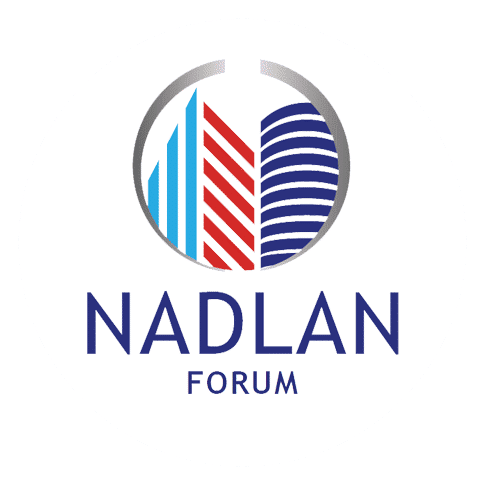




















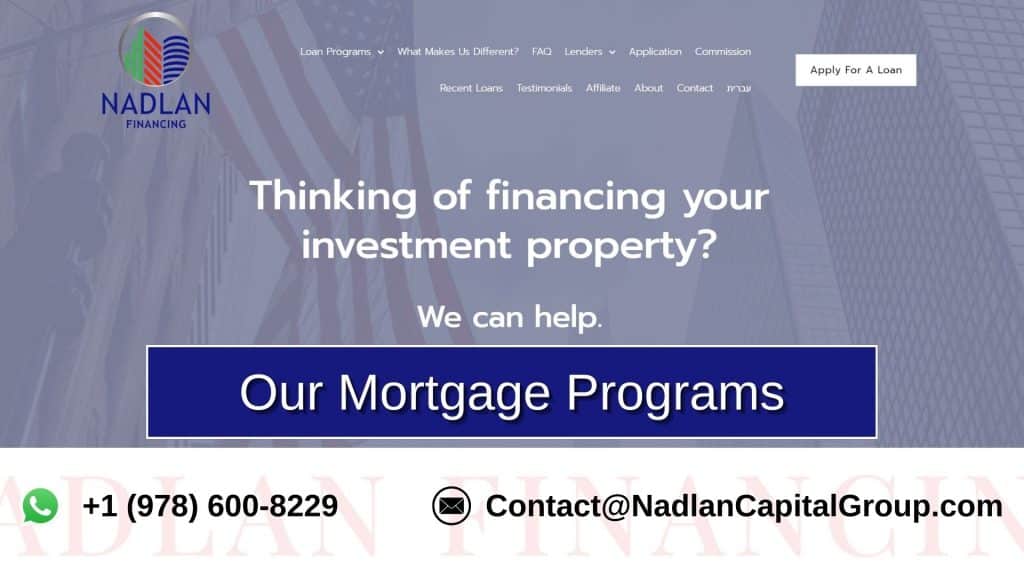











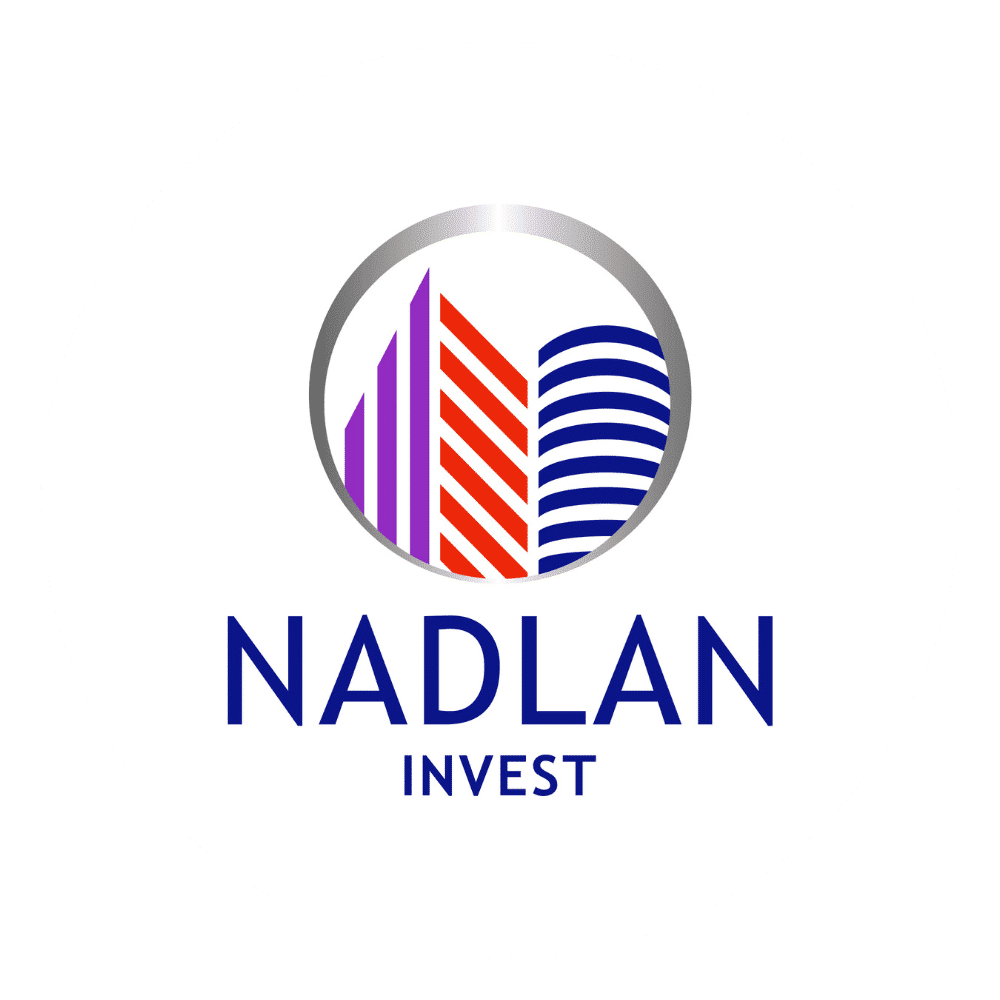


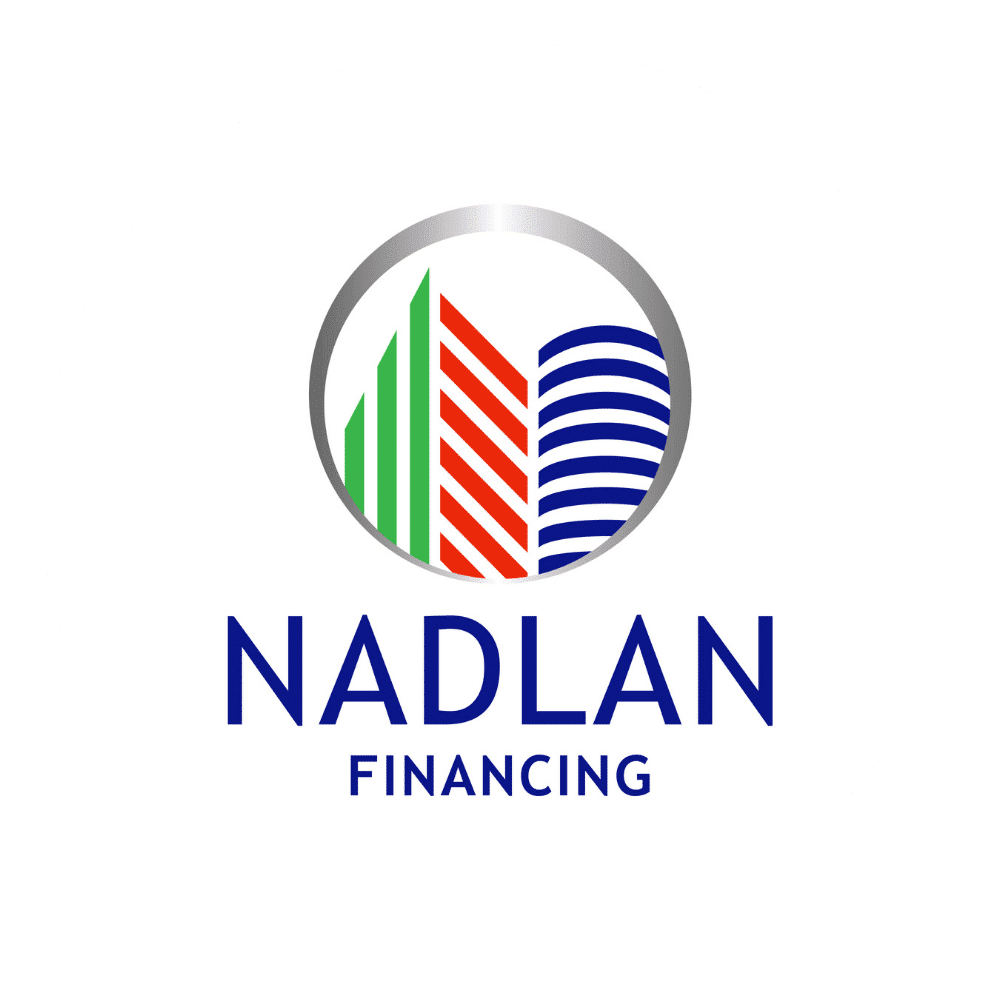


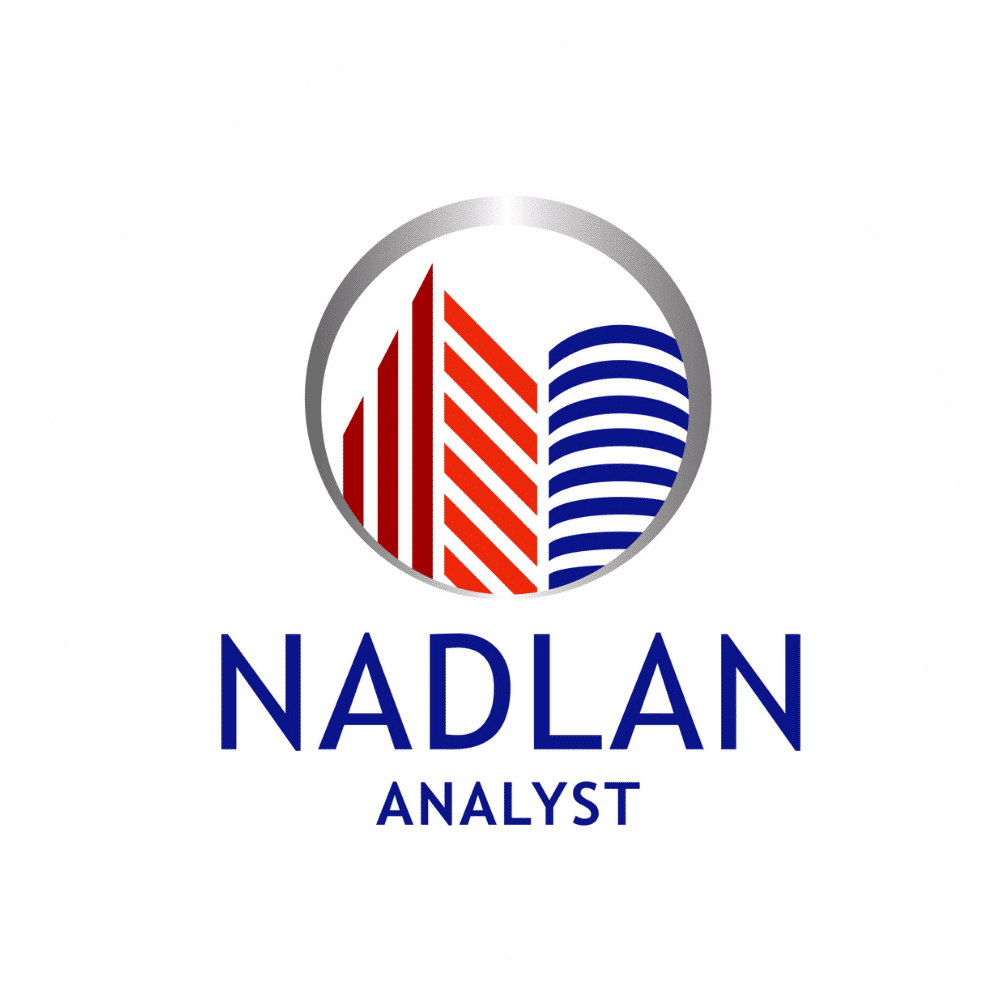
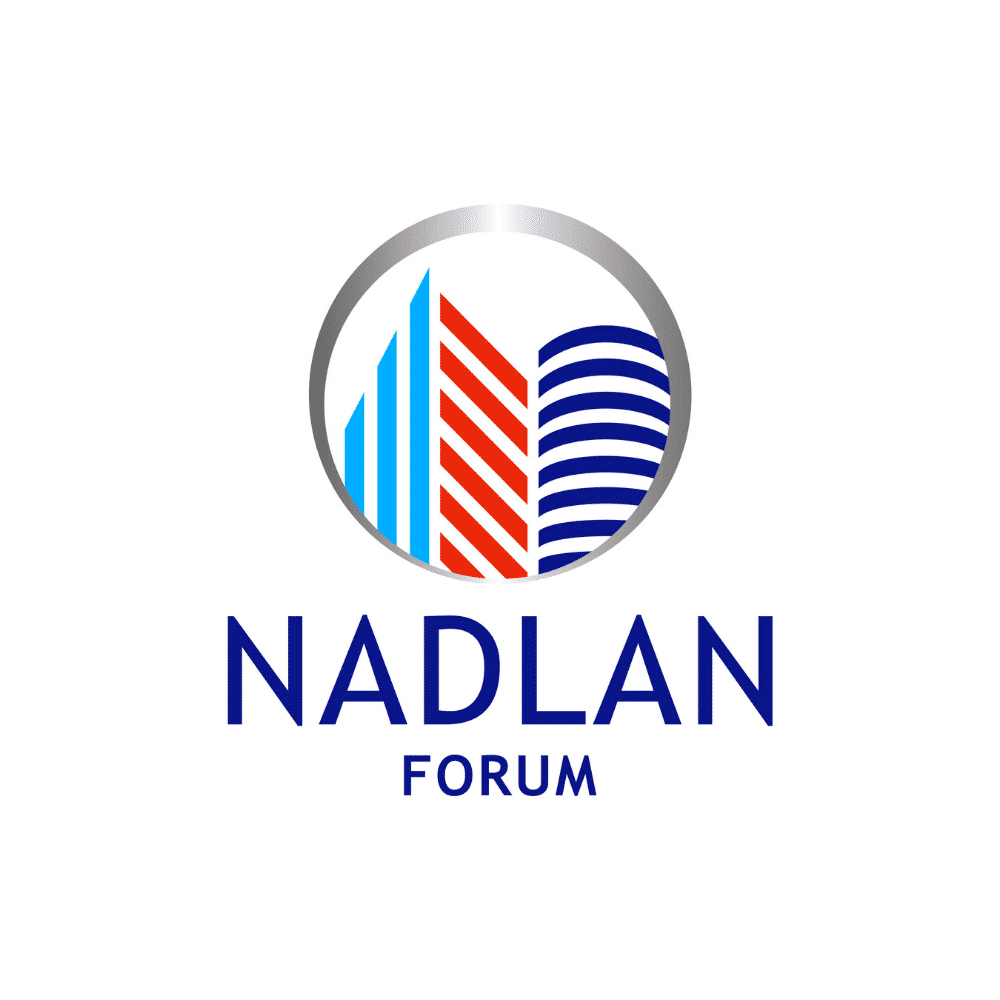
Osher Shiluk
For those who don't know, this is the one and only Shi. A walking encyclopedia and financial real estate genius. Champion!!!!!
Miriam Schory
Thanks for sharing Shay, Thinking Out of the Box ????
Hello everyone, I am Shai Halevi for those who do not know. I have been investing and owning real estate in the US for about 10 years.
Four years ago, I started a business in Memphis Tennessee (which has since expanded to Ohio) that deals only with owner financing from the entrepreneurial side, ie from the seller who gives the loan.
Since then I have been involved in over 70 owner financing deals and I personally hold about 40 NOTS / mortgages that generate me a “passive” income every month.
On one side there is the seller who gives owner financing: the seller can be an entrepreneur or investor and on the other there is a buyer who is an investor or who buys the home to live in himself (Home Owner).
Why at all would a seller sell properties with owner financing? Obviously any seller if he can get in cash today the requested amount for the property will prefer this over a spread over years but in “slow” markets in the US this method works wonderfully and creates many benefits also for the seller (who can get full or close market price spread over time ) And on the other hand there is the buying buyer who can leverage his investment and raise the return on his capital.
HOME OWNER also benefits from this because it gives it a chance to become an asset owner when it can't do so with a bank mortgage (due to low credit, asset collapse history and more).
I focused my business on this population: HOME OWNERS. My focus is on low-income Americans who are not eligible for bank mortgage. Here I went into the picture and offered them something they could hardly get elsewhere: a chance to be a homeowner.
For us, investing is a way of maximizing return and risk reduction combined!
The principle is like this:
Properties worth up to $ 50,000 in slow markets (Birmingham - Alabama, Memphis - Tennessee, Cleveland - Ohio, Saint Louis - Missouri and more ..)
You purchase the property for a price that does not exceed $ 30,000 including everything.
We recommend purchasing properties that are in a state of residence as they are (ׂ LIVABLE)
A low down payment is required from the buyer (landlord-non-investor) say 2,000-3,000 $ (always try to get more of course).
Mortgage for a period of 8-15 years depending on the repayment level.
Interest according to the maximum allowed in each state (in Tennessee it is 9.5 percent so I give in 9)
The returns on these transactions will range from 25 to 40 percent!
And it is clear that not all of your buyers will pay over the period and you will also have to take some of the houses back but that is part of the business. Property you took back you sell again so you even profit from it usually…
And one last thing: when selling a property to a landlord (not to an investor - this is in another post) the property does not pass into his ownership until he pays the last payment - it is called LAND CONTRACT
Hope I helped a little and managed to excite some people to get up and do what I do - it's not easy, it takes work but it's worth it!
Ido, add Shai, this is his specialty and he can add a lot of value here
Not sure he's in the group
Very true, and the down payment can be much larger 20-30 percent.
And another important thing to remember is working great with a buyer without credit or bad credit, or one that the bank does not want to lend to him because he does not have sufficient reporting income - w2
Good for the carving
Excellent article, I just want to add that the loan length is not always 5 years and there are long term loans using this method which are for long periods of 10, 15 and 20 years just like a mortgage
In fact, there are investors who prefer this method that allows them to enjoy flows similar to renting and without the headache associated with repairs, property maintenance and tenant management
Investors who actually produce note that is also negotiable and can be sold for cash or even and the sale of part of it for a full period or part of the period
I'll expand on a future post for everyone
I offer my tenants a lease option which is almost the same, only the tenant language should get the money within a year or two and pay all that remains after the down payment and the percentage of the monthly payment
It's always good to know and to know
Before 6 years I started investing I came across such a deal that wanted 10% wtf
I have not seen since. I asked my broker if there were any deals and had not run into them since then. Quite rare. Usually at crazy interest rates
Who used this forum?